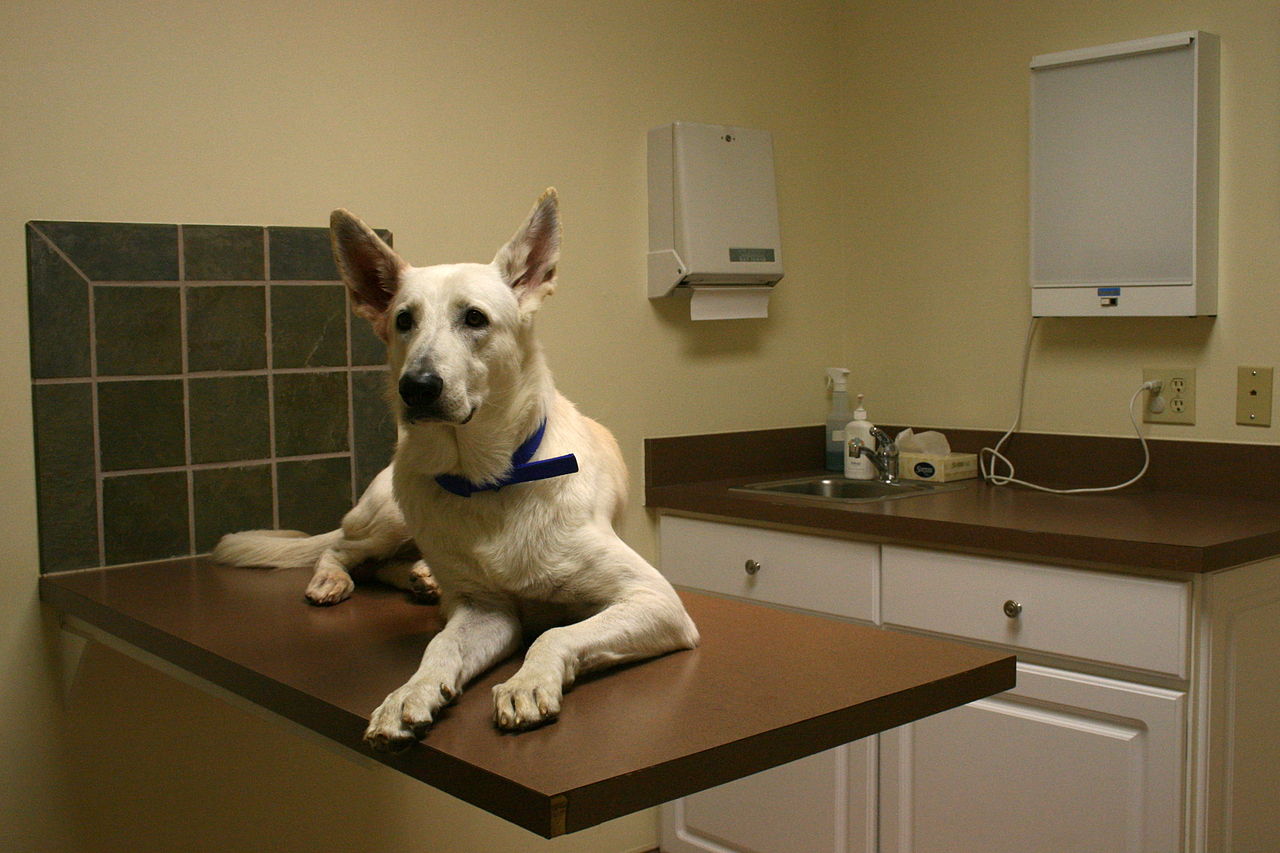
Exocrine Pancreatic Insufficiency(EPI)is a condition affecting both dogs and cats although it is less common in cats.
With EPI, the pancreas produces little or none of the enzymes necessary to help digestion. These enzymes include amylase which breaks down starches, lipase which breaks down fats and trypsin and chymotripsine which breaks down proteins. The enzymes break down the food particles allowing nutrients to enter intestinal cells eventually passing into the bloodstream and carrying them to all parts of the body.
When the pancreas is unable to carry out its normal functions, EPI can develop. There are changes in digestion, bacterial growth in the intestines, nutrients cannot be absorbed properly causing your pet to starve although continuing to eat.
EPI may be genetic in nature or caused by chronic pancreatitis (inflammation of the pancreas) or parasitic infestations. Dog breeds prone to the disease are German Shepherd Dogs, Collies and English Setters as they can suffer from an inherited disease called Pancreatic Acinar Atrophy which can lead to EPI. Pancreatic Acinar Atrophy is a disease that slowly destroys the acinar cells in the pancreas vital to the production of digestive enzymes.
Symptoms can mirror other diseases making EPI difficult to diagnose. Pets may eat a large quantity of food in order to increase nutrients because they are hungry. Pets with EPI can have severe diarrhea, poor skin and coat condition and show a marked weight loss even though their diet is increased. Diagnosis of EPI is made through special testing.
Treatment consists of pancreatic enzyme supplements and other supplements for the life of the pet. If bacteria is present or the intestines become inflamed, antibiotics are prescribed.
Your pet should have regular checkups at the vet to make sure EPI is under control.

